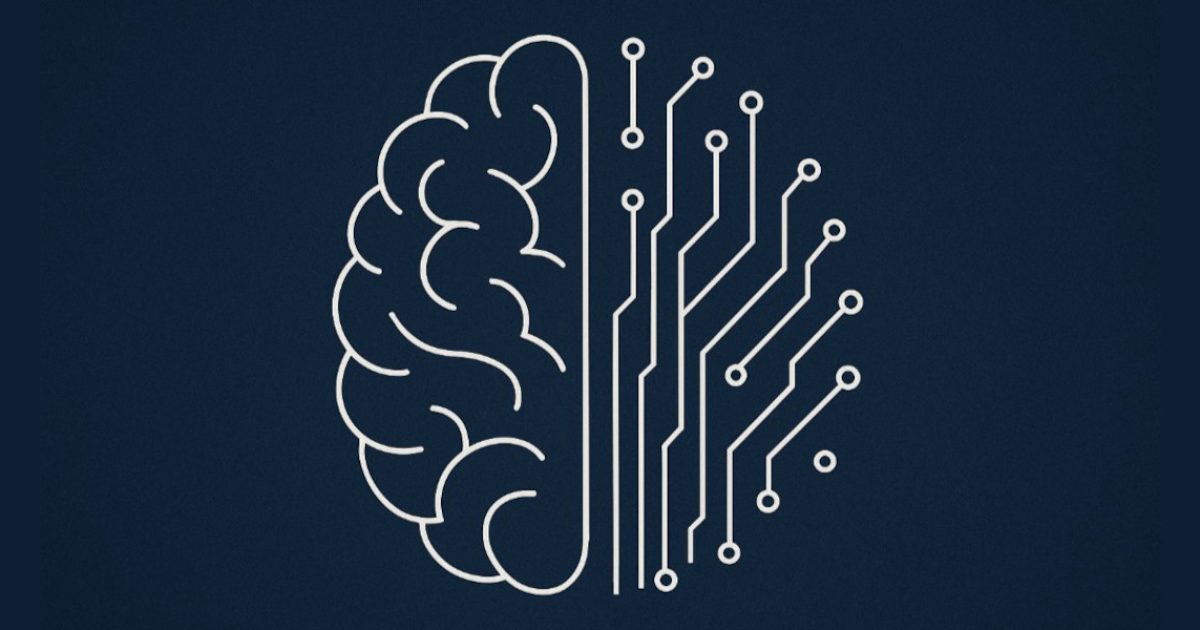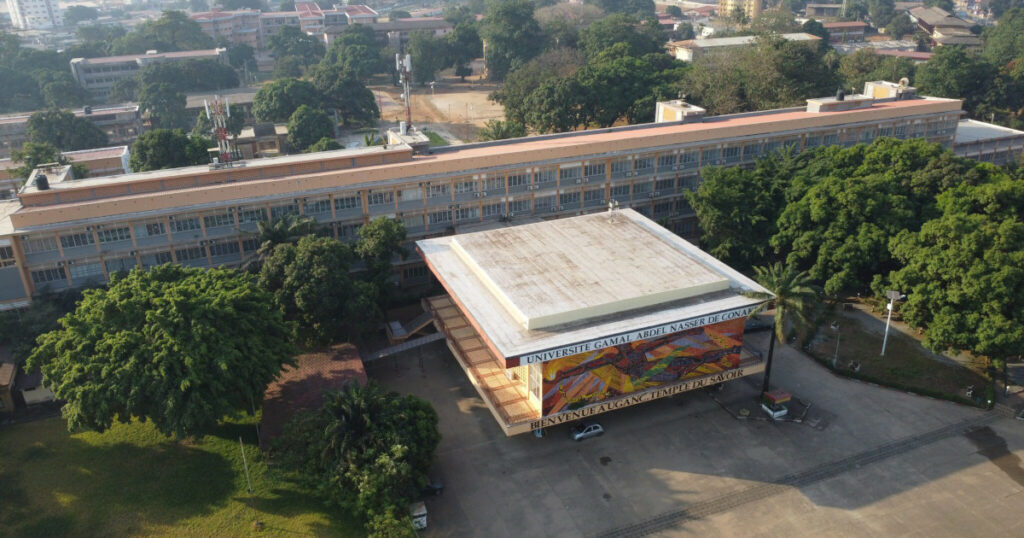The DRC’s Minister of National Education details the measures taken to use artificial intelligence in schools and to teach students how to master it
In December 2023, on the occasion of the publication of the Government AI Readiness Index (Oxford Insights), I published an article entitled “AI and the DRC: towards optimal preparation”, which examined the levers that could be mobilized to advance the Democratic Republic of Congo, then ranked 185th globally. My analysis was based on the three pillars of this index: government capacity, the dynamism of the technology sector, and the quality of infrastructure and data.
I concluded by calling for a strategic commitment: setting clear objectives for the integration of AI in public services, building a robust regulatory framework, introducing dedicated training in our schools and universities, equipping our civil servants, strengthening connectivity and digital infrastructure, encouraging local innovation, and promoting ethical and responsible data practices.
Today, two major publications renew this reflection: the Government AI Readiness Index 2024 recently released by Oxford Insights, and the brand new Report on the Assessment of Artificial Intelligence Readiness in the Democratic Republic of Congo (version 2.0), produced by UNESCO DRC in collaboration with the Ministry of Posts, Telecommunications and Digital Technology. Now is the time to update our analysis and chart an ambitious course for the future of AI in education.
Where does the DRC currently stand in the global AI race?
Between 2023 and 2024, the DRC’s position in the AI Government Readiness Index remained (unfortunately or fortunately) stable at 185th in the world (out of 188). The details reveal contrasting dynamics: slight declines in government capacity (17.96) and the technology sector (15.99), but progress in infrastructure and data (32.34).
These advances reflect the gradual development of connectivity and data management capabilities, despite persistent obstacles linked to the lack of a national AI strategy and weak support for innovation.
The AI Readiness Assessment Report for the DRC (version 2.0), published by UNESCO DRC and the Ministry of Posts, Telecommunications and Digital Technology, highlights these trends: growing institutional awareness, but no formal national strategy, a legal framework under development (Digital Code), weaknesses in talent training and digital inclusion, and partial progress on infrastructure. It recommends structuring actions around three pillars: governance, human capital development, and industrialization.
In this context, the education system has a key role to play. It must be at the heart of the national dynamic to develop the necessary skills and help improve the country’s preparedness for AI.
How is the education system preparing our young people for the technologies of tomorrow?
The Congolese education system has not been left behind. On the contrary, in recent years, the Ministry of National Education and New Citizenship has undertaken structural reforms to embed digital technologies and innovation in training programs, thereby initiating the skills upgrade that is essential for AI.
The Five-Year Plan 2024–2029 embodies this ambition. More than just a roadmap, it makes ICT and digital innovation fundamental levers for the modernization of our education system. Its key priorities include strengthening the capacities of the administration and teachers, enriching curricula, and adapting content to the requirements of the 21st century.
Important foundations have already been laid under the impetus of the Project for Quality and Relevance in Secondary and University Education (PEQPESU) (2016–2021), which has modernized mathematics, physics, technology, and ICT programs, with the gradual introduction of algorithmic and computational thinking starting in the eighth grade of basic education. Far from being symbolic, these subjects prepare students for the conceptual world of algorithms, coding, and data processing logic, which are essential foundations for future mastery of AI.
With more than 10,584 computers distributed and the pilot experience of the virtual tutor Maths-Whizz, the first deployment of an AI-based adaptive learning tool in Congolese schools (2019–2021), the education system has the first concrete building blocks in place.
Ongoing projects (including the Girls’ Learning and Empowerment Project (PAAF) (2023-2028)) are continuing this effort. The rollout in the coming months of 388 SMART Labs in five provinces (the three Kasai provinces, Ituri and South Kivu), supplemented by the provision of digital equipment in nearly 5,700 secondary schools, aims to create environments conducive to advanced educational uses.
The context is changing rapidly. The recent availability of Starlink in the Democratic Republic of Congo opens up new opportunities to improve connectivity in schools, particularly in rural areas. The Ministry is actively exploring ways to integrate these satellite solutions into ongoing projects in order to strengthen access to digital education for all.
Distance learning (DL) is another major lever. Recently adopted ministerial decrees—on the organization of DL, electronic delivery of diplomas (E-DIPLOME), and the modernization of the State Examination—reflect strong institutional recognition of the importance of digital technology in educational pathways. The aim is to familiarize students and teachers with digital environments in order to pave the way for the integration of AI-based tools such as intelligent virtual tutors, learning data analysis systems, and adaptive teaching assistants.
From curriculum renewal to school equipment, these initiatives are helping to reduce the gaps highlighted by international reports and laying the foundations for an education system that is firmly focused on AI.
What is the trajectory for Congolese education between now and 2029?
In response to the findings of the Report on AI Readiness in the DRC and the 2024 Index, the Ministry of National Education and New Citizenship has set out a clear course of action: to strengthen the capacity of the education system in order to contribute, through skills development, to improving the DRC’s position by 2029.
To this end, the 2024–2029 Five-Year Plan sets out priorities that are aligned with the pillars of the index: human capital development, infrastructure modernization, and curriculum adaptation. By 2029, the realistic goal is to integrate modules on artificial intelligence (fundamental concepts, ethical issues, uses) into the curricula and to train the first cohorts of teachers and inspectors in the pilot provinces.
At the same time, the expansion of digital coverage in schools, the rollout of SMART Labs and the ramp-up of the ministry’s digital platform will create the conditions for conducting educational experiments around AI. These advances should help strengthen the “infrastructure and data” pillar of the index.
The development of a national AI strategy that includes an educational component will, in this regard, be a major lever for consolidating government capacity.
The investments committed could act as a catalyst, provided they are accompanied by an active strategy for disseminating best practices. If dynamic educational communities are built around pilot centers, the use of advanced tools could gradually spread, strengthening the strategic management of educational quality.
The path ahead remains ambitious but is based on consolidating steps: strengthening skills, structuring an ethical and strategic framework, and then controlled deployment of advanced AI applications. By following this approach, our education system will be able to contribute, as early as the next evaluation cycle, to significantly improving the country’s preparedness for artificial intelligence.
We are the national education system, we are preparing our children’s future, we are building the nation.
Raïssa Malu, MinETAT EDU-NC
This article has been published in French on LinkedIn. it is reproduced here and translated by Afriscitech with kind permission of the author.




